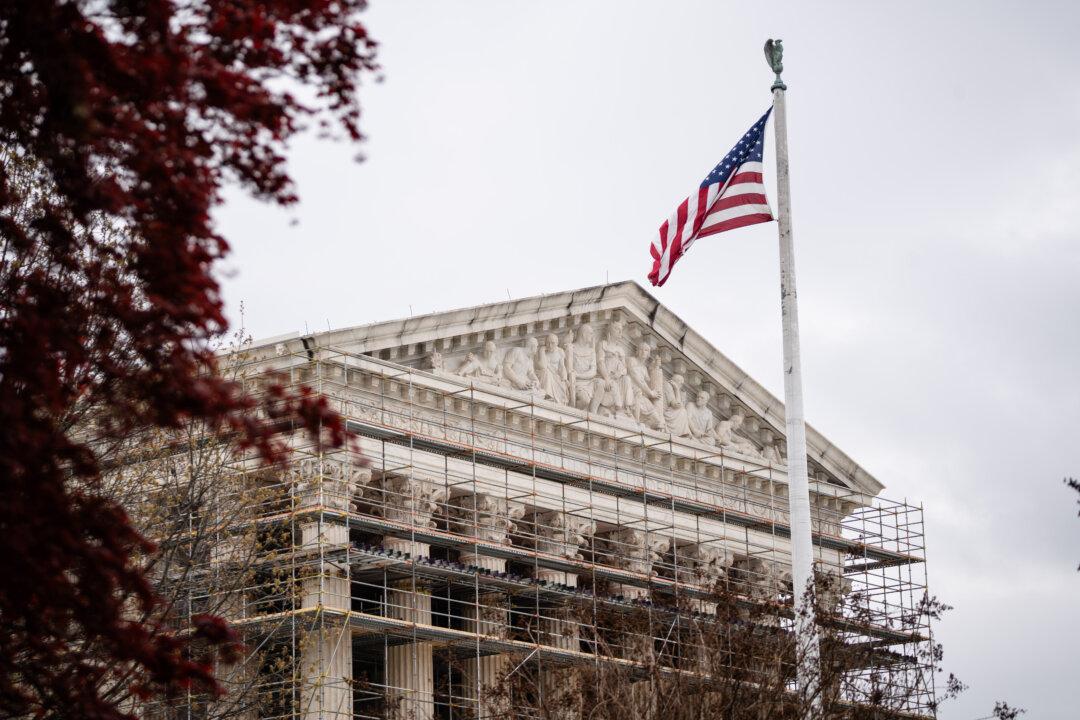The Supreme Court has granted President Donald Trump’s request to halt the reinstatement of millions of dollars in Department of Education grants that the government targeted over concerns about diversity, equity, and inclusion (DEI) programs.
Chief Justice John Roberts would have denied the administration’s request for relief, according to a court document. Justice Elena Kagan issued a dissent, as did Justice Ketanji Brown Jackson, whose dissent was joined by Justice Sonia Sotomayor.





